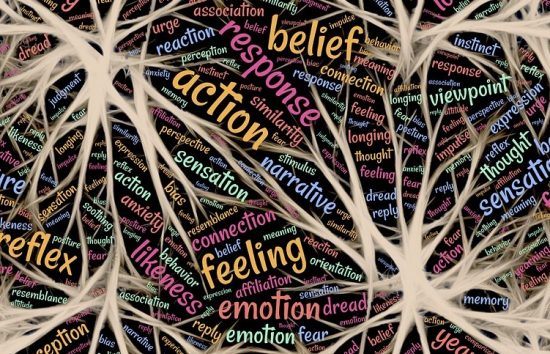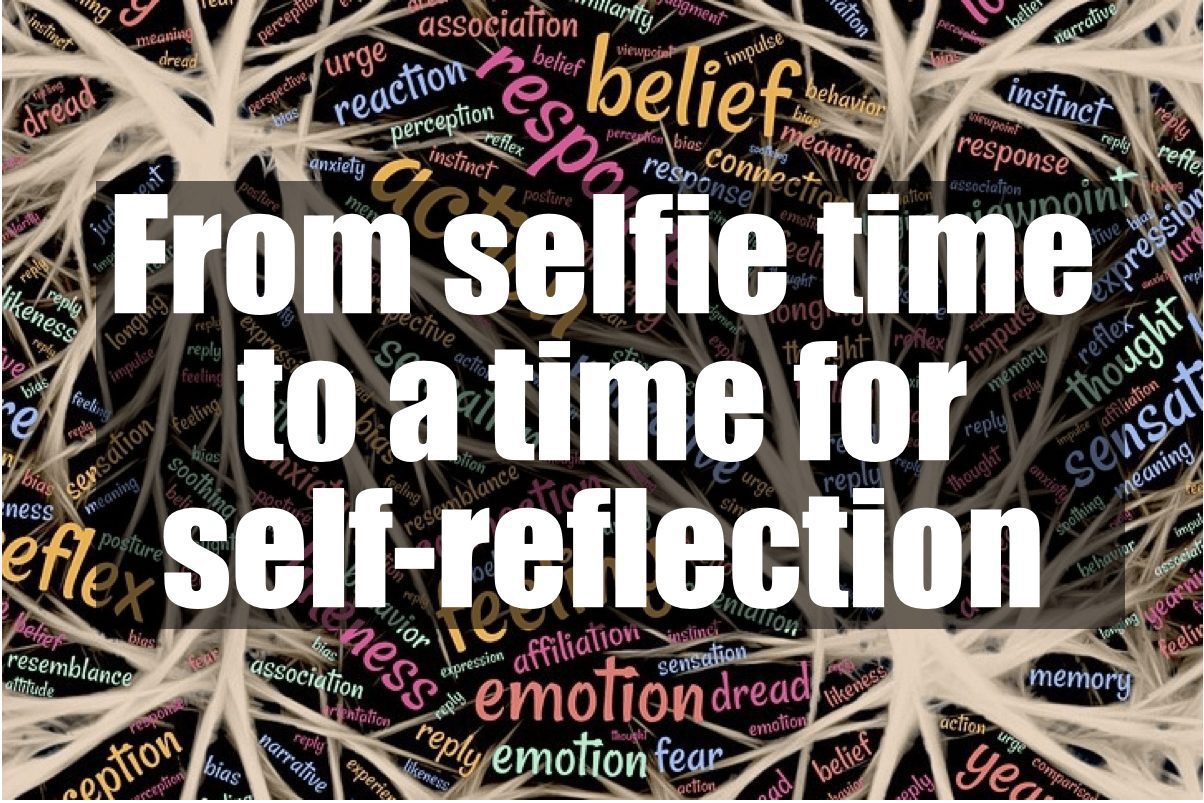Everyone agrees on one thing: that we are living through a unique moment. Yet, as befits a diverse world, whether at the civilian, societal, business or governmental level, there has been a wide range of reactions. Invoking more lizard brain reactions (flight or fight), there’s been a good deal of denial, gross fear, greed and aggressive selfishness. There have also been shows of wonderful solidarity, generosity and outpourings of appreciation. With this common experience, as extraordinary as it is, it’s not the event itself that interests me, but the way we, including myself, are reacting to it. As has been attributed to Epictetus, the Greek slave of the Romans, who once freed became a great philosopher:
“It’s not what happens to you, but how you react to it that matters.”
from the 5th volume of The Enchiridion, written by Arrian, a student of Epictetus

For those who have lost someone due to Covid-19, there’s a natural feeling of injustice, regardless of any underlying condition or age. I personally feel myself wanting to know if, when someone has died, it was due to or because of complications of the Covid-19. I’ve been keeping an eye out for people in my network who’ve lost someone because of this virus. I’ve also been scanning for individuals in my network who are directly involved (on the frontline). But, the thought that keeps coming back to me is: what will be the lasting effect of this shared experience? The big question for me is how will this crisis orient or inform our lives in a post-Covid19 existence?
To be sure, we are still in the midst of the crisis and, aside from the risk of a second wave much less a mutation of the virus in a near-future, the slip road back on to the highway of normalcy looks congested. It will surely be hard to put a time on the exact ending of this crisis, especially as the timetable is different from one country and city to another. Moreover, the return to a new normal will be gradual as people start to put down their guards. For every business that’s been hard hit, the executive teams will be desperately looking for ways to recuperate, which surely won’t include a surge in expenditures and hirings any time quickly.
Time Warp

The image that comes to me is the marvellous song in the Rocky Horror Picture Show: Let’s do the time warp….again. One of the most profound impacts of this crisis has been on our relationship with time. It seems that many of us, without a job to go to, a sports team to follow or a trip to plan, are experiencing a different measure of time. For some, time has slowed to a standstill. Others have talked about never being busier. Others still feel lost without a regular schedule. If you’re someone who had a regular job at an office, you’ve had a lot of extra time thrust on you by dint of not having to prepare for and commute to work (literally hours saved). Meanwhile, those with kids of school age (i.e. up until 18 years old), you’re probably grappling with parenting and home schooling in ways you never expected. We’re all being forced to shift our habits, communications and relationships and we’re having to find a new rhythm. As I’ve written in the past, I believe that the onslaught of new technologies has also had a monumental impact on our experience of time. For starters, most everyone’s phone and computer has the same synchronised time, down to the second. In another post, for businesses I wrote how digital transformation is about time in more ways than one. For all of us, I’ve long held the view that “the way we manage our time is as deep a reflection as there is of who we are and the values we hold.” I do believe that the way we use our time in this period of crisis will be foundational for how we move forward, forgetting how we live through this situation.
Time for self-reflection

The one big take-away I foresee as having a lasting effect (assuming the world doesn’t give way to mass rioting and a greater depression) will be a renewed focus on purpose and a yearning for more meaningfulness. It seems that the era of the selfie that so dominated the past decade, has taken a blow to its narcissistic chin. The importance of the photo of oneself sunning on some distant beach, showing off one’s best (if not fantasy) side, has had to move aside, exposing a somewhat more prosaic version of life. I feel that many people are struggling to finding meaning during this crisis, attributing a great sense of grief or mourning amidst a vacuum. It reminds me of September 11 and other terrorist attacks where, even if one wasn’t directly involved, we felt involved and lived the losses by knowing someone who was affected; or perhaps it was knowing someone who knew someone. It’s as if, in this period, we’re needing to find a connection to sufferance in order to provide meaningfulness. I believe this will translate into a greater desire to insert purpose in our lives.
For those still working (from home), using remote tools, gone is the tie and the perfect haircut. For those living alone, this period brings a painful reminder of their solitude. For people in business, there’s a patent vulnerability. For some, the question is whether the furlough turn into unemployment? And as marketers, every brand message is being scrutinised under a different context. I’ve seen communications from some brands that smack of a howling tone deafness. Other brands and companies have shown a true spirit and a strong sense of community. Bottom line, though, is many people are being afforded a chance — granted it’s been thrust on us — to reflect on ourselves, who we are, what we’re doing and for whom we’re working. We’re all thinking about our why?
With little else to occupy the mind beyond the crisis, with no definitive end in sight for those of us presently in Europe, we’re forced to look at ourselves, surrounded by our immediate environs, and I believe many will be taking a good hard review of the purpose of their existence. If that’s not what you’re doing, I would highly encourage it. I’d even suggest learning to meditate, too. I, for one, am looking at how I am spending my time on this Earth — and who I want to be — with renewed vigour.
***If you like my writing and are interested in fostering more meaningful conversations in our society, please check out my Dialogos Substack. This newsletter will feature articles on why and how we can all improve our conversations, whether it’s at home, with friends, in society at large or at work. Subscription is free, but if you see value in it, you are welcome to contribute both materially and through your comments. Sign up here:












Trackbacks/Pingbacks